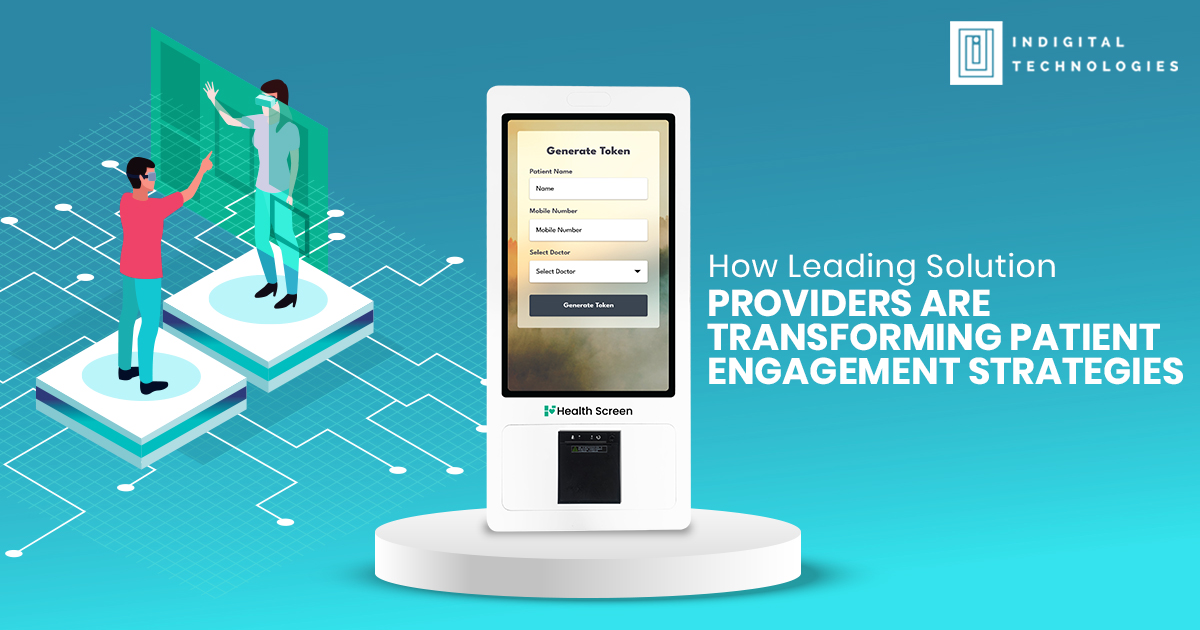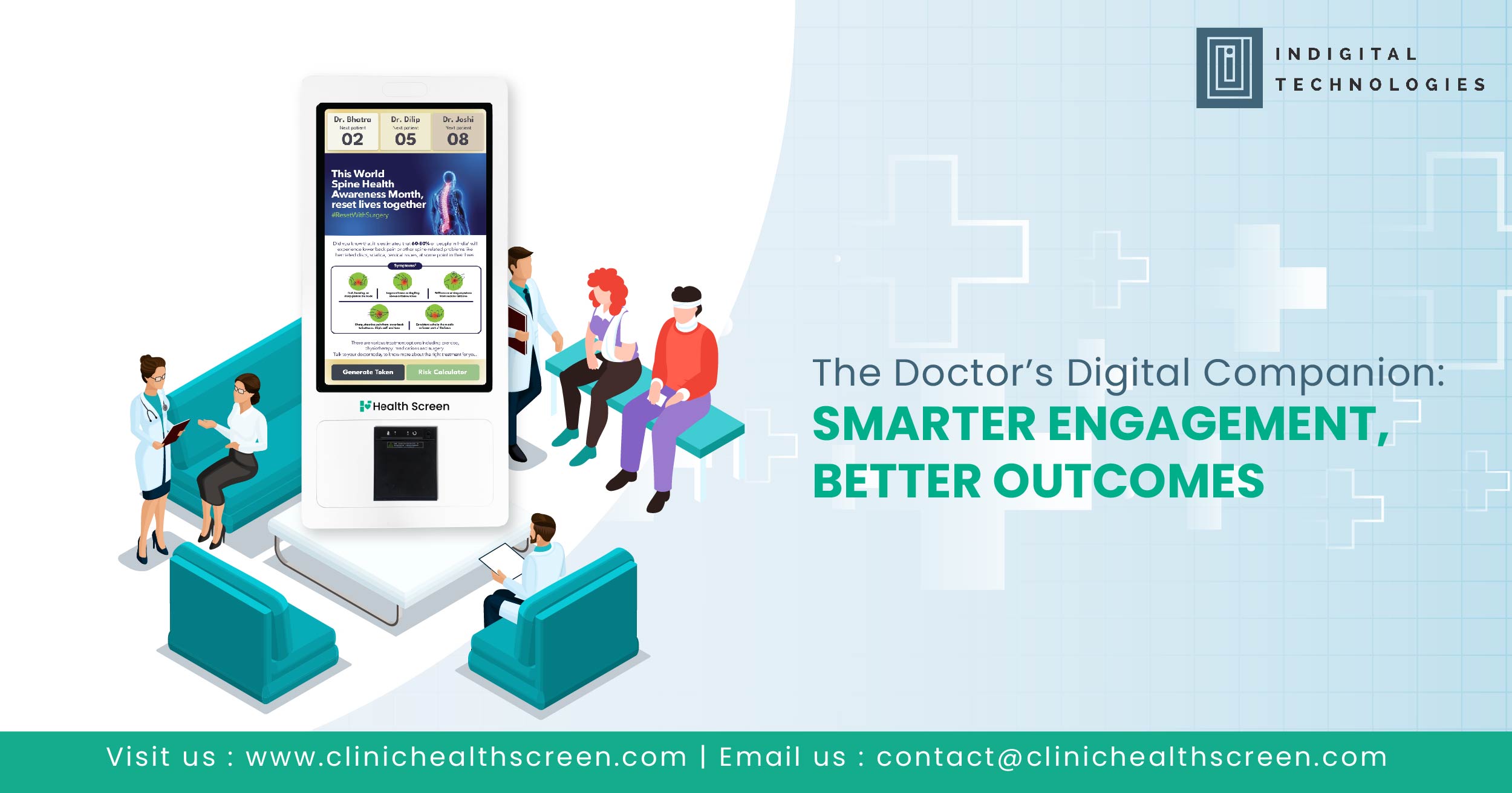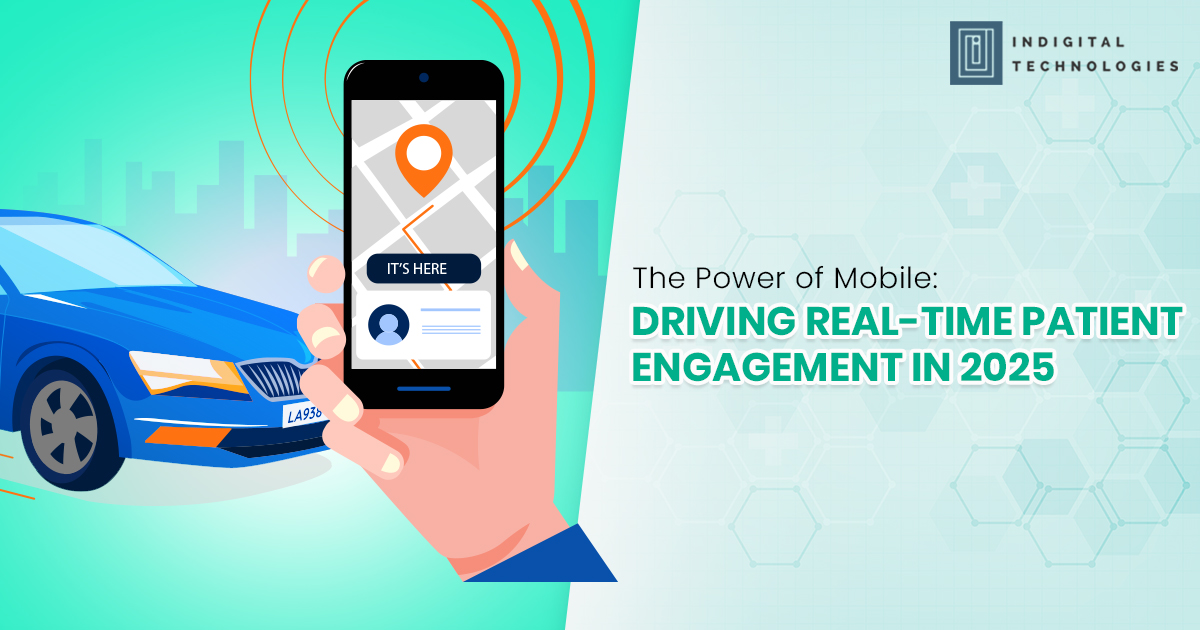Introduction
The face of healthcare is undergoing a profound transformation, driven by technological innovation and a renewed focus on patient-centricity. Leading solution providers are not only adapting to these changes but are setting new benchmarks for how healthcare should engage with its most critical stakeholder — the patient.
For doctors, this means greater operational efficiency and stronger therapeutic relationships. For pharma managers, it opens avenues to create real-world impact beyond drug promotion — forging genuine trust with both providers and patients.
In this blog, we explore how leading solution providers are redefining patient engagement strategies — and why doctors and pharma leaders must adapt today.
From One-Way Communication to Active Collaboration
Historically, patient engagement meant passive communication: appointment reminders, prescription pick-up notices, or static educational brochures. Today, top platforms foster two-way conversations:
- Patients can instantly ask follow-up questions.
- Providers can proactively share health tips.
- Feedback is gathered in real-time and acted upon.
Impact:
Patients feel heard.
Doctors reduce misunderstandings.
Pharma brands position themselves as collaborative partners in health.
Personalized Journeys Powered by AI
Top engagement solutions use Artificial Intelligence (AI) to deliver highly personalized patient journeys:
- Personalized educational content based on health history.
- Medication adherence programs tailored to each patient’s schedule.
- Reminders that adjust based on real-time behavior patterns.
Impact:
Better adherence.
Higher patient satisfaction.
Improved clinical outcomes.
For pharma managers, this personalization ensures that therapy support programs become sticky — improving brand loyalty and recall.
Seamless Multichannel Engagement
Patients today don’t just want options — they demand them. Leading providers offer:
- SMS updates
- WhatsApp appointment confirmations
- Mobile app alerts
- Email newsletters
- In-app video consultations
Impact:
Patients are engaged where they are most comfortable.
Doctors experience fewer no-shows and higher appointment retention.
Pharma programs reach patients across multiple trusted touchpoints.
Real-Time Analytics for Smarter Care
Leading platforms don’t just send messages; they analyze patient behavior:
- Missed appointments
- Therapy dropout risks
- Patient satisfaction trends
Doctors get insights that allow proactive interventions.
Pharma companies can monitor the real-world effectiveness of therapy support initiatives and adjust campaigns dynamically.
Impact:
Data transforms from a static report into a living tool for better outcomes.
Integration with Clinical Workflows
Solution providers ensure that patient engagement doesn’t disrupt day-to-day operations. Instead, it enhances them.
Leading platforms integrate effortlessly with:
- EHR and EMR systems
- Practice management software
- Billing platforms
Impact:
Doctors can automate repetitive tasks (reminders, reports, follow-ups) and free up time for clinical care.
Pharma partners can embed educational tools within the clinic journey without appearing intrusive.
Virtual Care and Remote Monitoring
In a post-pandemic world, telehealth and remote monitoring are essential.
Top solution providers bundle these services within engagement platforms:
- Virtual consultations
- Remote vitals monitoring
- Teletherapy adherence tracking
Impact:
Doctors expand their reach beyond geographical boundaries.
Pharma brands support patients throughout the therapy journey, even remotely.
Final Thoughts: Strategy First, Technology Second
The most important lesson from today’s leading providers?
Technology is a tool — not the strategy.
Success in patient engagement comes from a mindset shift:
- Prioritize continuous conversation over one-time communication.
- Personalize care journeys based on real data.
- Empower patients as active partners, not passive recipients.
Doctors who embrace this mindset will see stronger relationships, fewer operational inefficiencies, and better clinical outcomes.
Pharma managers who champion smart engagement will move from being product sellers to being trusted health advocates.
In 2025 and beyond, smart engagement will define smarter healthcare.




